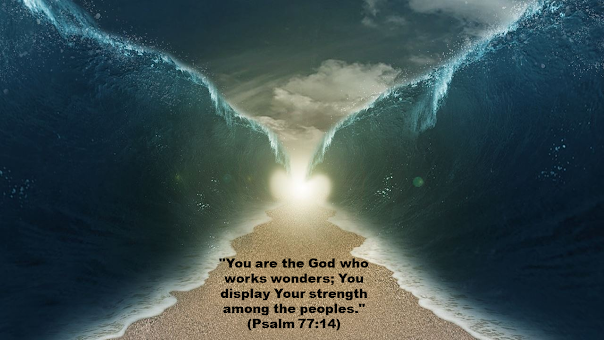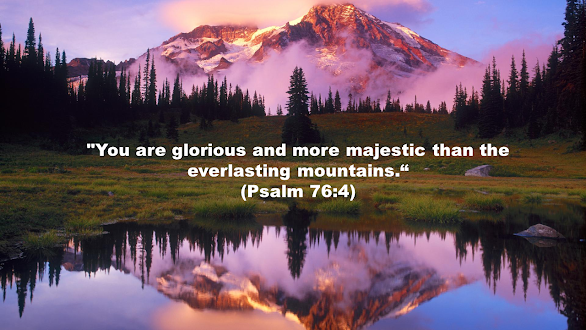Psalm 96

Psalm 96 is in the series of psalms that call us to worship our LORD the great King and Creator. There is a universal emphasis for ALL the earth (vv. 1,9), the nations (v. 3), ALL the peoples (v. 3), families of the peoples (v. 7), and all creation (vv. 11-12) to worship, anticipating the coming of Christ to establish His Kingdom and to judge in righteousness. NOTE: Psalm 96 is similar to the text in 1 Chronicles 16:23-33 written by David for the occasion of bringing the Ark to Jerusalem. Following are some reflections that may be beneficial to consider when meditating on this psalm: Verses 1-13 With a New Year upon us, what "new songs" of praise can we sing to the LORD? What glorious things of God are we to praise Him for, as indicated in these verses? If you would like to meditate on this psalm through music as well, following is a link to a YouTube video: "Today is Born Our Savior, Christ the Lord" (Psalm 96) by Francesca LaRosa: Link
































